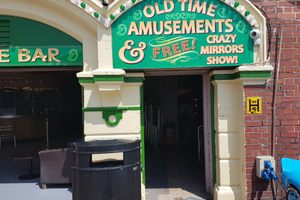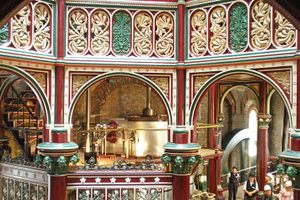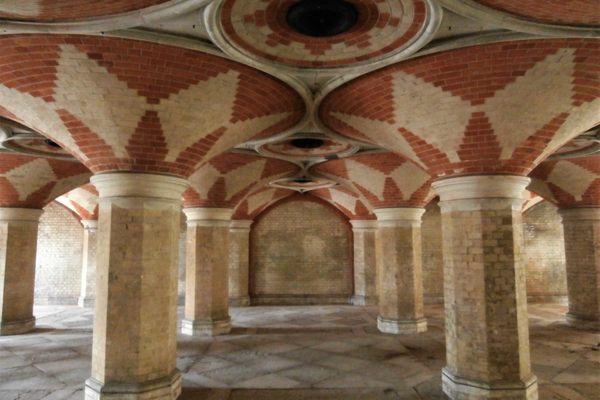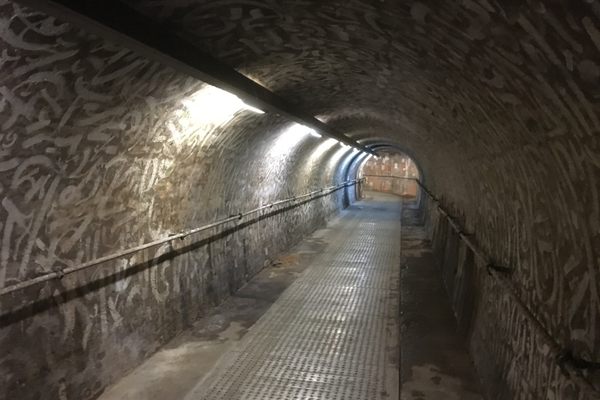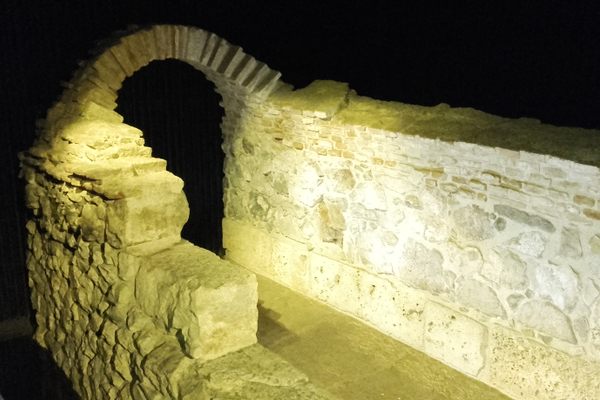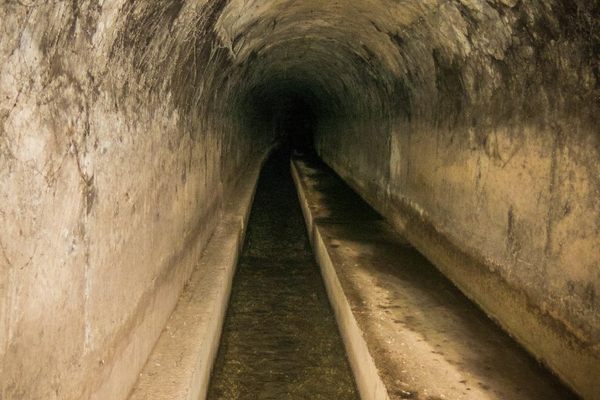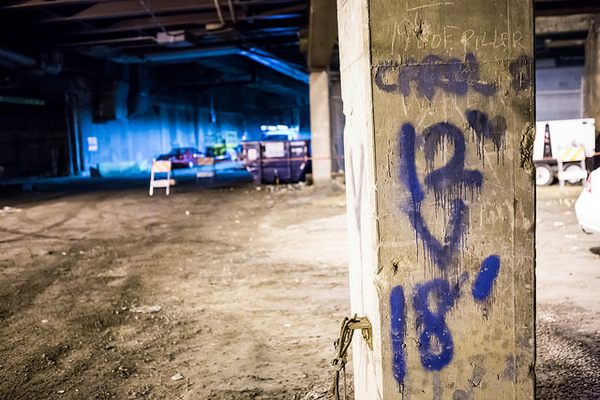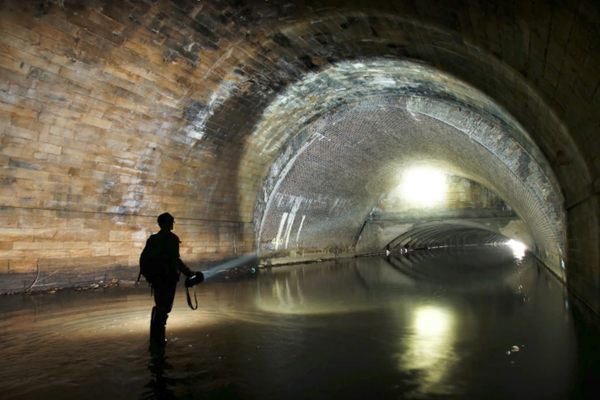About
While the Brighton Lanes are now a mecca of artsy boutiques, overpriced jewelry, and hipster pubs, this was not always the case.
Quaint cobbled fishermen's cottages once made up a slum-like village with sewage going straight into the streets and down into crude storm drains eventually disgorging into the sea. At times of heavy rainfall, the porous chalk upon which the cottages were built allowed this raw sewage to seep through the basement walls of the cottages and gradually fill up peoples' houses. Nice.
Then in 1750, huckster Dr. Richard Russell suggested that the waters of Brighton could cure all manner of ailments, and the bourgeoisie of London started making a beeline for the coast. With the sudden influx of wealth demanding a commensurate amount of luxury, clearly something had to be done about the local sewage issue, yet all through the mid-1800s, most of Brighton's sewage simply drained into cesspools at the backs of houses. It was not until 1860 that the town council resolved to build a system that would drain into the sea properly.
In 1874, Sir John Hawkshaw designed a great seven-mile-long, brick-lined sewer to transport the sewage to Portobello on The Telscombe Cliffs. And yes, this raw sewage was pumped into the sea there, but at least it wasn't being shunted directly onto Brighton Beach. Relying solely on manual labor, they built a sewer system that still serves Brighton to this day, as a fascinating example of Victorian ingenuity.
Raw sewage was still flowing from the aging tunnels right into the sea until the 1990s. Today, the sewers are still in use as raw waste canals. The utility company Southern Water once operated tours through the tunnels, but those are no longer available.
Related Tags
Community Contributors
Added By
Published
August 5, 2014













